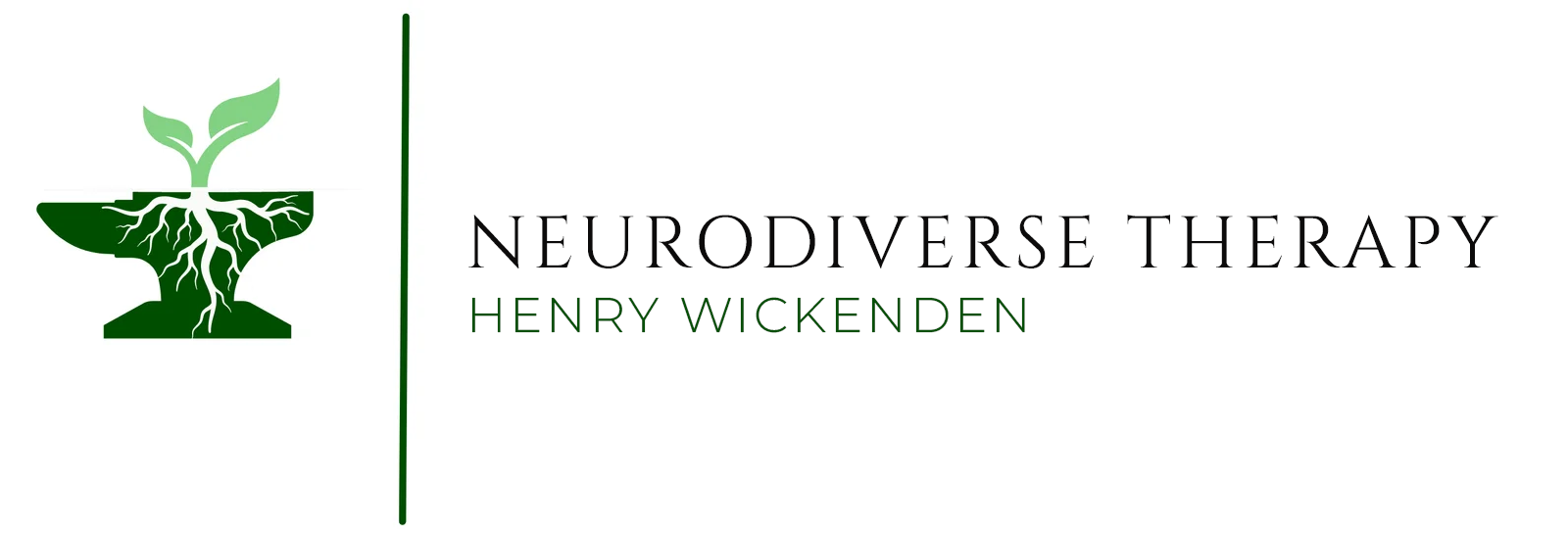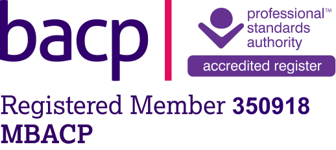ASD
Autistic Spectrum Disorder, Autism, Asperger’s, High Functioning Autism, being on the spectrum. As aptly demonstrated by the number of names and ways we have of discussing the various aspects of this condition, the spectrum for autism is truly broad and varied. The most common experience for those with ASD is one they share with other forms of neurodiversity, a feeling of being ineffably different from those around you.
This intuitive perception of otherness often leads those on the spectrum to adapt themselves to their environment in order to avoid potential conflict and blend in more to their surroundings.
Much like those with ADHD, masking often plays a large part in their social, familial and professional interactions. The symptoms associated with autism remain a continually discussed and often disputed area.
By no means is what follows an exhaustive list, nor would the lack of any or even all of them exclude someone who suspects they might be on the spectrum.
Having said that here are a few of the signs I have seen with some consistency in my years working with ASD clients:
- Sensory sensitivity to sound, light, smell, touch, taste (including food textures).
- A notable preference for their own company (though nearly always still wanting and needing some level of social interaction).
- Difficulty intuiting the emotions of others.
- Greater sensitivity to unexpected change.
- Less tolerance for inconsistency in other people.
- Preferring things to be one thing or the other and not enjoying grey areas (often referred to as binary thinking).
- A preference for strict routines.
- A tendency to outwardly exhibit emotions less frequently but when they are expressed they’re often more intense and overwhelming.
A great deal of my work with clients in this area is the exploration and expanded awareness of the unique nature of their ASD. Once we have a greater understanding of ourselves, the internal rule set our brain uses, we can start to lean into its strengths.
Having a better grasp of ourselves also makes it more easy for us to effectively seek support and connection with others. From this foundation it has often astonished my clients how quickly they can regain their autonomy and self-confidence.

